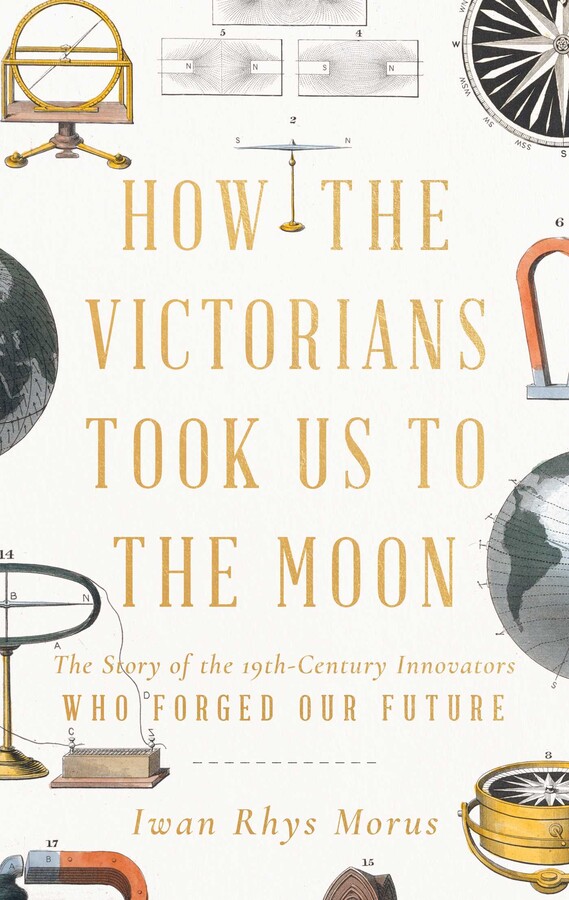內容簡介
內容簡介 英國維多利亞時代是工業革命最興盛的時期,各種發明與想法科學家和研究者腦中構思,他們雖然沒有極佳的材料,卻有不怕失敗和與勇於嘗試的心。他們想探索機械、天空、訊息傳遞,當Cyrus Field1866年成功建起第一條橫跨大西洋的纜線, Charles Babbage研發分析機,Ada Lovelace撰寫史上第一次程式設計,科技發明與進步之路就此展開。科學史作家帶我們回到過去,一窺當時科學家們的創見與努力,如何影響電腦之父圖靈(Turin)和特斯拉(Nikola Tesla),甚至讓20世紀的人類成功登上月球。 The rich and fascinating history of the scientific revolution of the Victorian Era, leading to transformative advances in the twentieth and twenty-first centuries. The Victorians invented the idea of the future. They saw it as an undiscovered country, one ripe for exploration and colonization. And to get us there, they created a new way of ordering and transforming nature, built on grand designs and the mass-mobilization of the resources of the British Empire. With their expert culture of accuracy and precision, they created telegraphs and telephones, electric trams and railways, built machines that could think, and devised engines that could reach for the skies. When Cyrus Field’s audacious plan to lay a telegraph cable across the Atlantic finally succeeded in 1866, it showed how science, properly disciplined, could make new worlds. As crowds flocked to the Great Exhibition of 1851 and the exhibitions its success inaugurated, they came to see the future made fact—to see the future being built before their eyes. In this rich and absorbing book, a distinguished historian of science tells the story of how this future was made. From Charles Babbage’s dream of mechanizing mathematics to Isambard Kingdom Brunel’s tunnel beneath the Thames to George’s Cayley’s fantasies of powered flight and Nikola Tesla’s visions of an electrical world, it is a story of towering personalities, clashing ambitions, furious rivalries and conflicting cultures—a rich tapestry of remarkable lives that transformed the world beyond recognition and ultimately took mankind to the Moon.
作者介紹
作者介紹 Iwan Rhys MorusIwan Rhys Morus holds PhDs in the history and philosophy of science from the University of Cambridge. He has spent much of his career working on the history of science during the nineteenth century, including the development of new electrical technologies, the popular culture of science, and the history of ideas about the relationship of electricity and the human body. Iran has authored or edited ten books published in Britain, and he is a regular contributor to BBC Radio 4’s ""In our Time” and ""Great Lives.” He lives in Wales.
